|
|
|
|
Nau mai haere mai, welcome to this week’s newsletter.
The ongoing occupation of parliament grounds is the last thing any government needs just as the Omicron wave rises. Aside from anything else, as Massey University’s Richard Shaw writes today, at least some voters are likely to view the often ugly spectacle as a loss of control by the powers that be.
These extraordinary events also coincide roughly with the mid-term mark of Jacinda Ardern’s second administration – that's right, believe it or not, there is an election next year. And while the occupation and other pressures are clearly testing the government, there’s no free ride for the opposition, either.
As Shaw argues, the pandemic and the unprecedented MMP majority Labour won in 2020 shifted the electoral landscape significantly. “It seems unlikely,” he writes, “the political centre is where National left it the last time the party was in office.”
There’s more to read here and on our homepage, including Dominic O'Sullivan's analysis of the police’s role at the Wellington protests, and what we might learn from Canada’s eventual crackdown on its own “freedom convoy”.
Take care and all the best till next time, mā te wā.
|

|
Finlay Macdonald
New Zealand Senior Editor & NZ Editor: Politics, Business + Arts
|
|
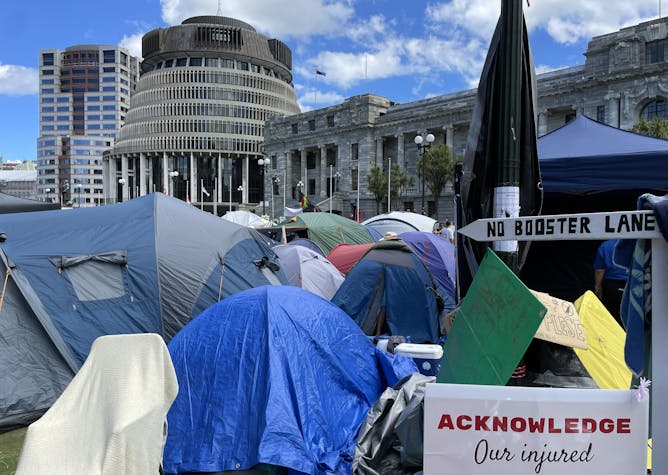
Richard Shaw, Massey University
As the government approaches the mid-term mark, is the protest in parliament grounds a PR boost for Jacinda Ardern or a sign of declining political consensus?
|

David Welch, University of Auckland; James Hadfield, Fred Hutchinson Cancer Center; Jemma Geoghegan, University of Otago; Joep de Ligt, ESR; Michael Bunce, ESR
Without genome sequencing, we would be blind to new variants of COVID-19. As Omicron surges in New Zealand, the sequencing focus is shifting to learning about what causes severe or long-term disease.
|
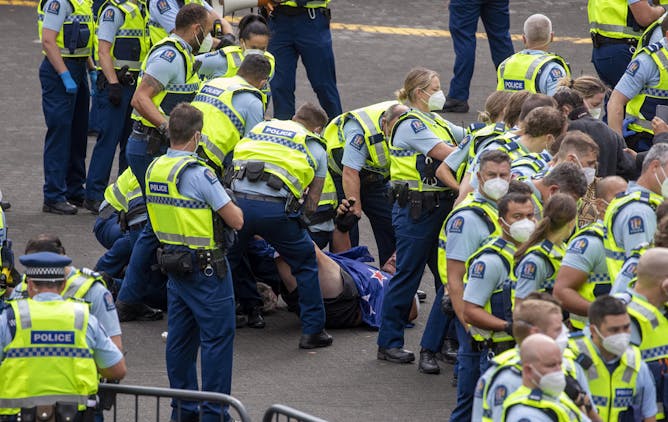
Dominic O'Sullivan, Charles Sturt University
The de-escalation strategy of Canadian police didn’t shift the protesters in Ottawa. With public confidence in the New Zealand police on the line, the political ramifications are serious.
|
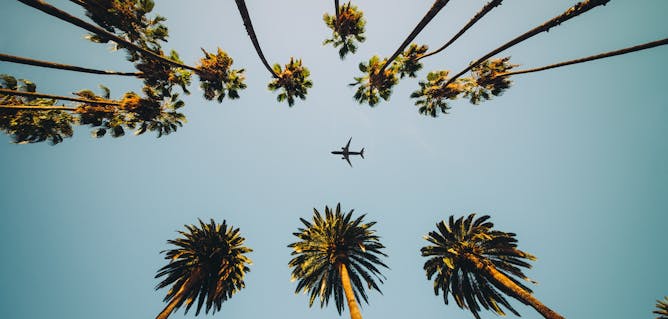
Sal Lampkin, PhD, Massey University; Robert McLachlan, Massey University
The tertiary sector’s air miles may be dominated by a small number of hyper-mobile senior academics, but studies show virtual conferences can improve diversity, career development and emissions.
|
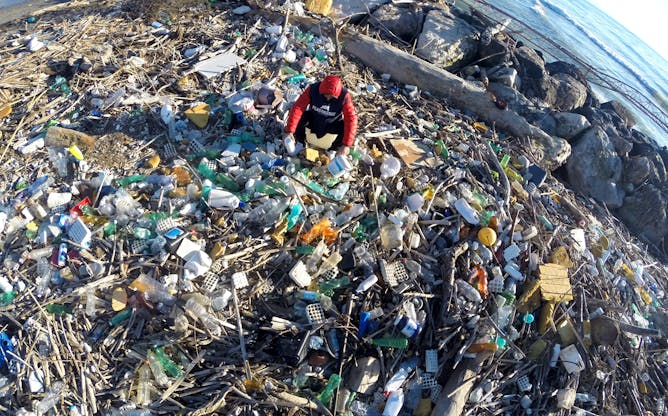
Trisia Farrelly, Massey University
Global plastics production is set to double by 2040. The upcoming UN meeting is a chance for New Zealand to stake a stronger position on a proposed treaty to reign in plastic pollution.
|

Dr Richard Meade, Auckland University of Technology
If governments auctioned off monopoly rights to produce and distribute clean fuels, Big Oil might be forced to buy into a greener transport future.
|
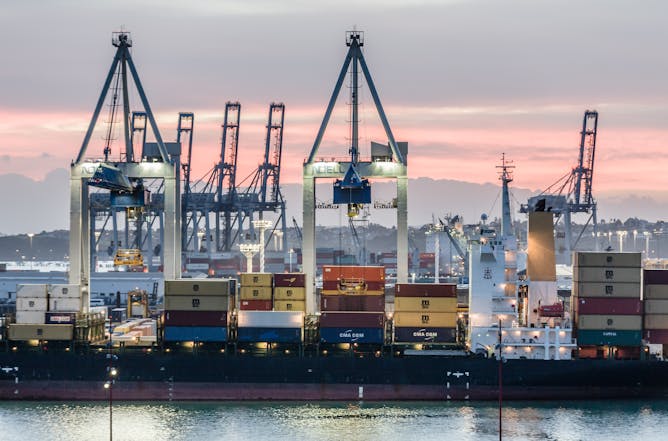
Rahul Sen, Auckland University of Technology; Sadhana Srivastava, Auckland University of Technology
Disruption at each stage of supply chain – production, transportation and distribution – is forcing New Zealand to ‘import’ more inflation. There will be no quick fix in 2022.
|
From our foreign editions
|
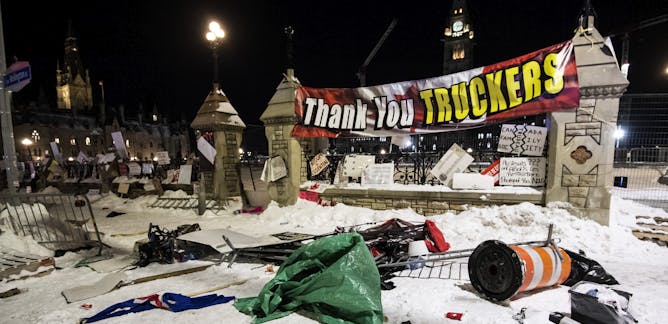
David Tindall, University of British Columbia
There have been bigger protests in other Canadian cities, but the so-called freedom convoy against vaccine mandates could be a sign of a rise in right-wing and libertarian sentiments.
| |
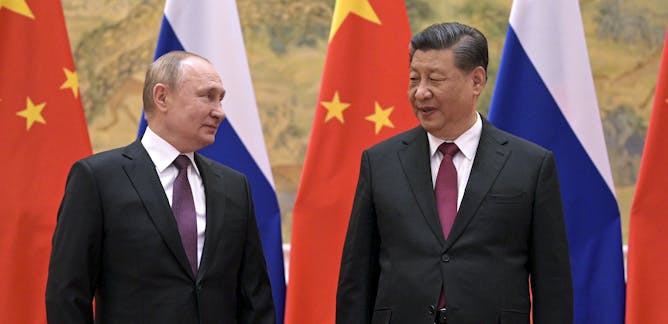
Alexey D Muraviev, Curtin University
Although Russia does not need Chinese military assistance in any potential invasion of Ukraine, Beijing’s political and economic backing is encouraging for Putin.
|
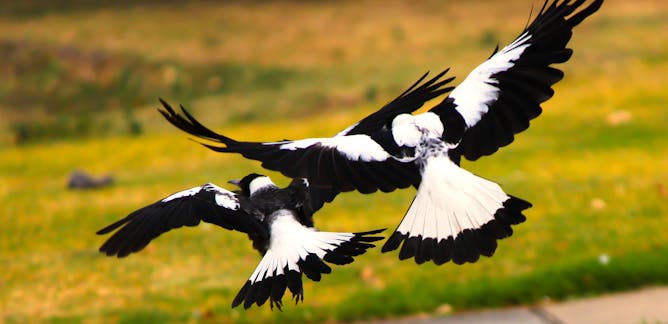
Dominique Potvin, University of the Sunshine Coast
It was the first time a bird has removed a tracking device, and the second time a bird species showed cooperative ‘rescue’ behaviour.
| |
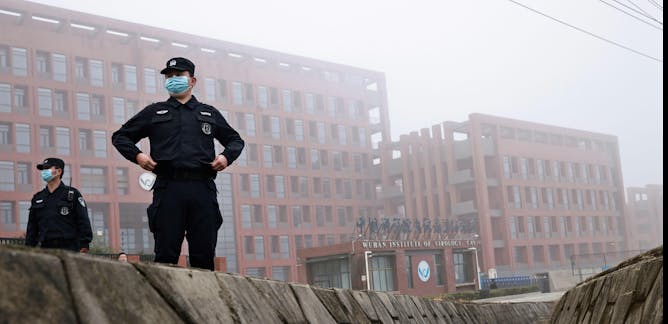
Filippa Lentzos, King's College London; Gregory D. Koblentz, George Mason University
Risky life-science projects need global governance. Unfortunately, current standards and practices are not up to the task.
|
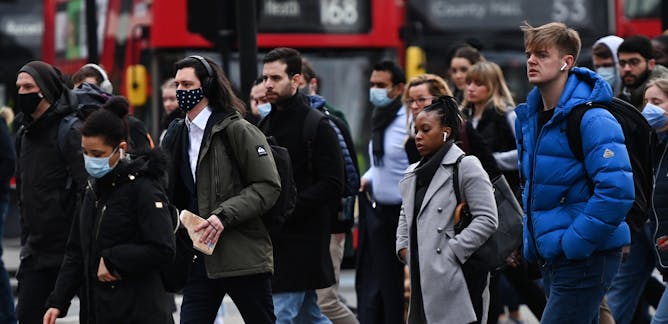
Christian Yates, University of Bath
Removing ways of tracking and preventing the spread of COVID will lead to more disruption and ill health.
| |
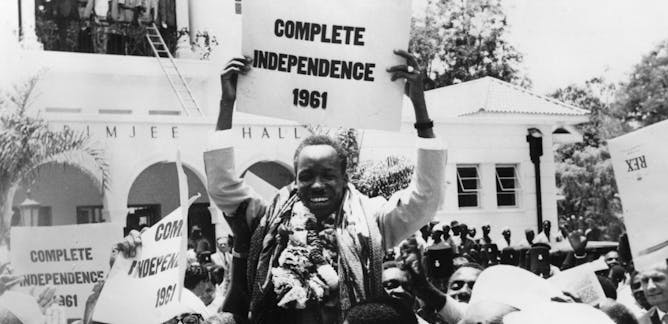
John M. Mugane, Harvard University
Over two millennia, Swahili has built bridges among people across Africa and into the diaspora.
|
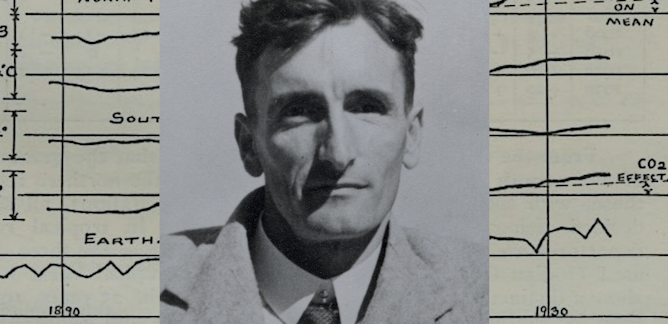
Sylvia G. Dee, Rice University
His theory, based on years of detailed climate and weather data, became known as the Callendar Effect. Today we call it global warming.
| |
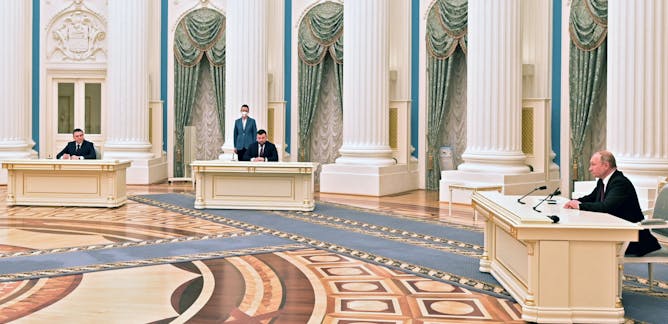
Naomi Schalit, The Conversation
Russia sent troops to two Moscow-allied breakaway regions in Ukraine, after President Vladimir Putin recognized the regions’ independence. Five stories provide background to the growing conflict.
|
|
|
| |
| |
| |
| |
|
|
|
|
|
|
|